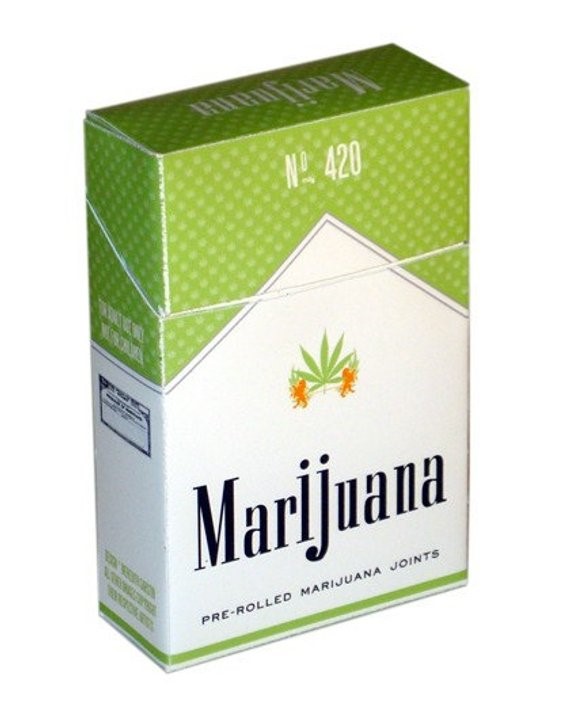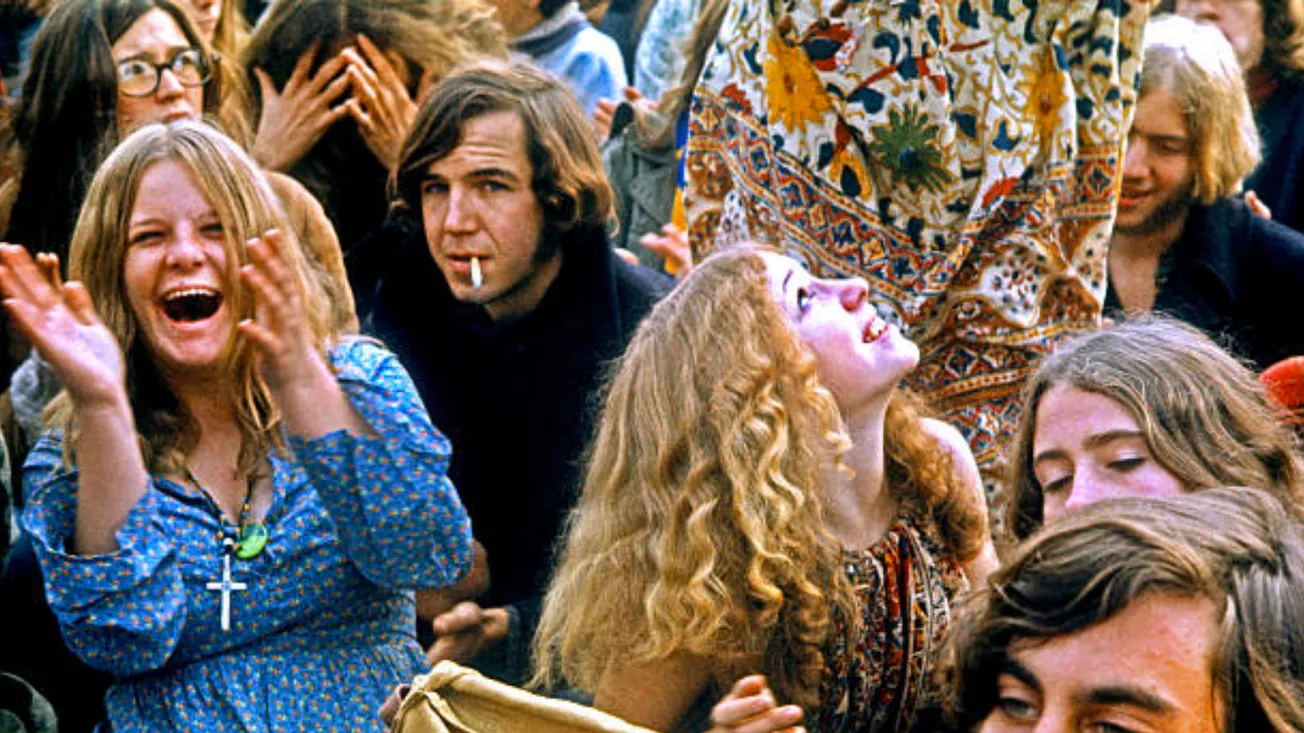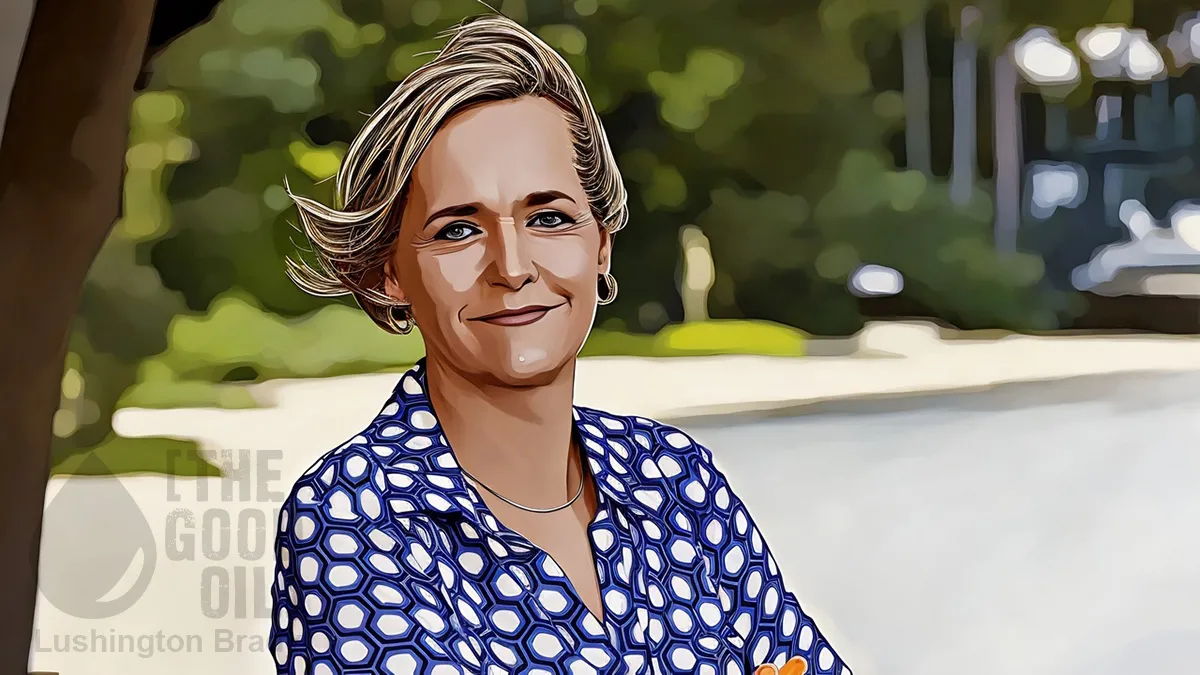Table of Contents
Pretty sure I’m preaching to the converted on this subject and on this site but a word of warning: if you rely on the MSM (or Chloe Swarbrick) for accurate information on the overseas experience of legalizing commercially grown cannabis you are being misled.
John Lord is an ex-New Zealander and CEO of Livwell, the largest producer of commercial cannabis in Colorado and he appeared on the AM show this week. Lord succeeded in selling the concept of cannabis as the money-spinner with the potential to pay back our huge national debt but what he failed to do was alert us to the pitfalls of legalized recreational cannabis.
Lord said cannabis is a “high volume, low margin business mainly due to the heavy taxation placed upon it…it’s very difficult for the mom and pop type business to survive.”
Duncan Garner did not do his homework. The pitfalls of commercially grown cannabis in Colorado are demonstrated by commercial growers beefing up the potency to encourage returning customers and the toxic contaminants polluting the final product during commercial processing.

Eight years ago, and three years after Colorado legalized cannabis, a Charas Scientific study analysed the content of the commercially sold product and revealed: “Colarado marijuana is nearly twice as potent as illegal pot of past decades with some modern cannabis packs triple the punch of vintage ganja“. This was news to the unsuspecting public and I bet it’s news to most New Zealanders voting for legalization on the basis of growing several plants in the back yard for personal recreational use.

“What’s really in — and not in — Colorado’s retail weed surprised LaFrate.
After analyzing more than 600 samples of bud provided by certified growers and sellers, LaFrate said he detected little medical value and lots of contamination.
He presents those findings Monday to a national
meeting of the American Chemical Society, a nonprofit scientific group chartered by Congress.
“We don’t want to be alarmists and freak people out, but at the same time we have been finding some really dirty marijuana,” LaFrate told NBC News.
Some green buds he viewed were covered in funghi — and he estimated that several marijuana flowers were “crawling” with up to 1 million fungal spores.
“It’s a natural product. There’s going to be microbial growth on it no matter what you do…”
Garner stupidly asked “…is there a social cost to the cannabis business?” Lord predictably deflected and refused to acknowledge the downside.
“Yes… I think… though… um… in actual fact I wouldn’t put it as a negative I’d put it more as a positive, and the reason is the fact that, you know, good paying jobs and over 40,000 of them in Colorado….”
Lord protected his very bankable business and hit out at a sore point which is the government’s ability to clear the growing debt they inflicted due to the lockdowns. Cannabis tax is a government money-spinner.
The social cost of legalized cannabis results from extremely poor quality control in the form of added addiction and health issues. LaFrate said he “detected little medical value and lots of contamination” in the “600 samples of bud provided by certified growers and sellers“.
The study showed no upside in the content of CBD oil which is medically useful.
The 600-plus weed samples generally carried little or no cannabidiol, or CBD — the compound that makes medical marijuana “medical.” The average CBD amount: 0.1 percent, his study reports.
Chloe Swarbrick promises if the legislation goes through THC levels will be legislated because higher levels encourage addiction. But how do we know growers will stick to the rules when their business thrives on addiction?
Nick Smith went head to head with Swarbrick debating the pitfalls around legalizing cannabis but failed to mention that commercial growers add additional THC to beef up the potency of their product, compared to the backyard grower, and also commercial processing introduces contaminants such as fungal spores and solvents. Butane was discovered during this study.
Chloe Swarbrick’s argument is that youth are already accessing cannabis illegally and legalizing it would introduce controls, but the argument around potency control is not the Colorado experience. Colorado legislated THC potency but it did not prevent THC levels double or triple the allowable limit.
Garner was easily led up the garden path by the commercial cannabis grower because he hadn’t done his research. It seems that $50M is not enough to improve sloppy research.
No one is stopping Chloe or anyone else from growing cannabis for their own use making quality control their problem (no different to what is happening now) but there is absolutely no good reason to open the door to an industry with the potential for serious addiction and health issues.
As has been said before this government could not do the one job they were assigned which was to keep COVID from crossing the border into the community. Who on earth would trust them with controls around legalized marijuana?
If you enjoyed this article please share it.









